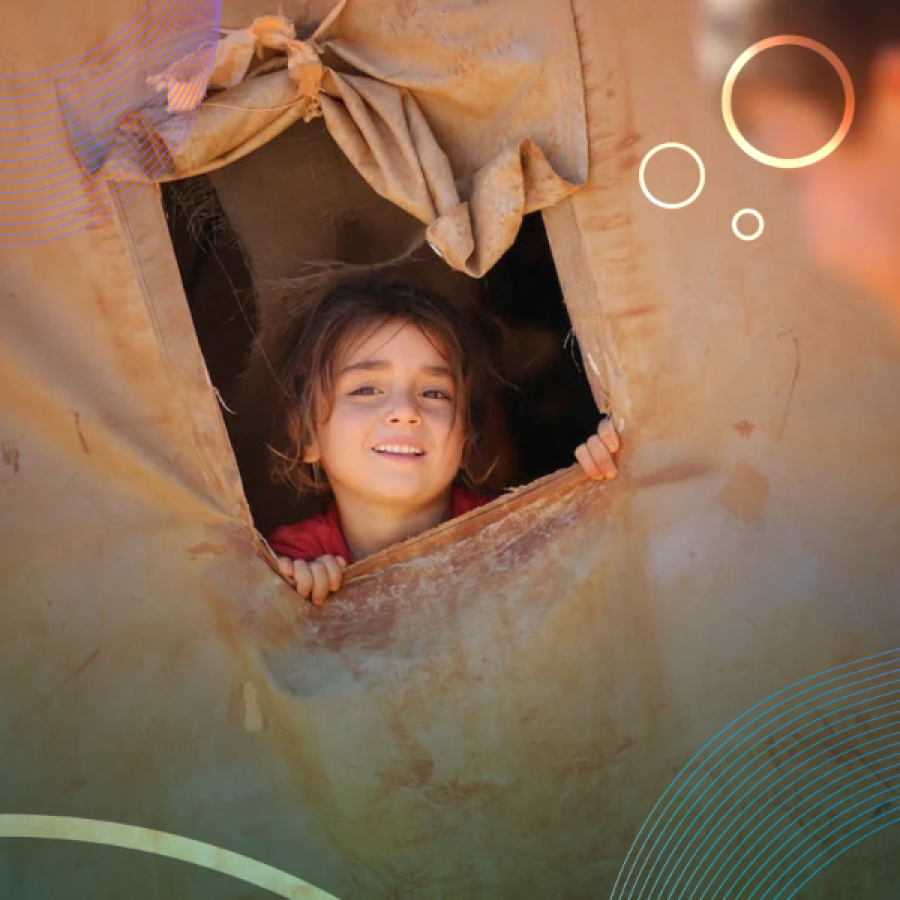All
Refugees
The definition of a refugee is someone who:
"owing to well-founded fear of being persecuted for reasons of race, religion, nationality, membership of a particular social group or political opinion, is outside the country of his nationality and is unable or, owing to such fear, is unwilling to avail himself of the protection of that country; or who, not having a nationality and being outside the country of his former habitual residence, is unable or, owing to such fear, is unwilling to return to it."
There were 79.5 million people forcibly displaced world-wide at the end of 2019. Among those were 26 million refugees, half under the age of 18 (20.4 million refugees under UNHCR's mandate, and 5.6 million Palestine refugees under UNRWA's mandate). There were also 45.7 million internally displaced people, 4.2 million asylum seekers, and 3.6 million Venezuelans displaced abroad. There are also millions of stateless people, who have been denied a nationality and access to basic rights such as education, healthcare, employment and freedom of movement.
There is diminishing prospects for refugees when it comes to hopes of any quick end to their plight. In the 1990s, on average 1.5 million refugees were able to return home each year. Over the past decade that number has fallen to around 385,000, meaning that growth in displacement is today far outstripping solutions.
